How does one pull off realism in a TV show about a dude who is "the fastest man alive" and fights telepathic gorillas and guys named Rainbow Raider? That's the problem the CW superhero show, The Flash faces, and its answer is to juggle and balance.
See, in a superhero show, it's okay if things get out of control. For example, it makes sense if Barry Allen races across Central City to fight Grodd and do something that would ridiculous in the real world (not to mention creating some jarring continuity errors). Yet, there are some times when The Flash manages to go beyond its unrealistic setting and give audiences some grounded stories.
10 Realistic: Earth-Two
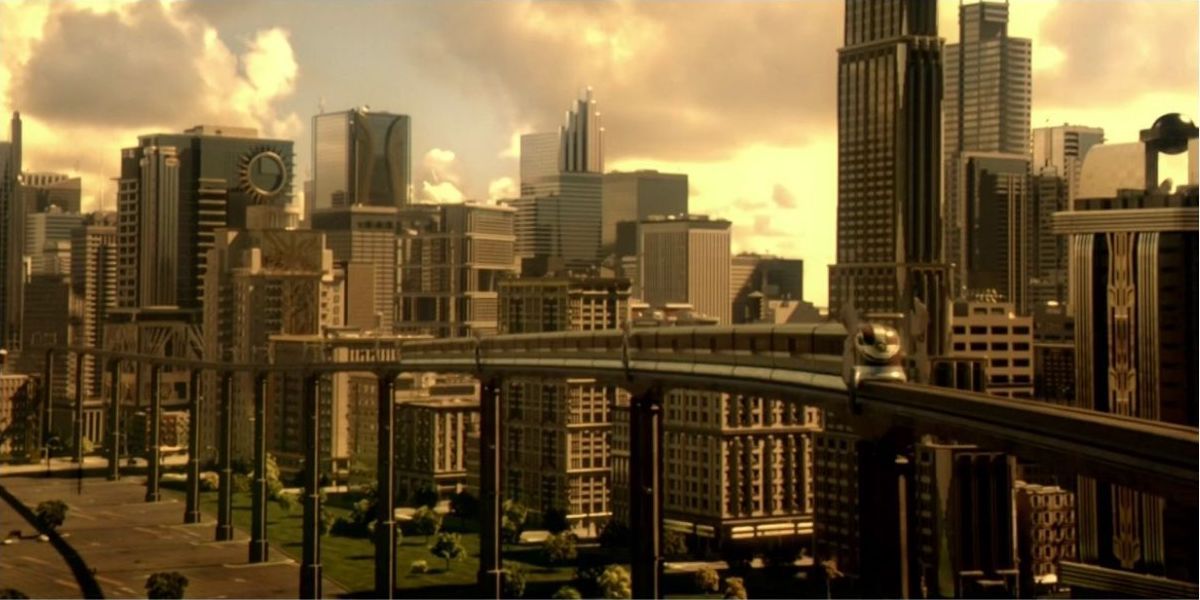
Yes, an alternate earth where heroes are villains, villains are heroes and some people never got powers can be seen as realistic. To an extent. The Flash, like all the other Arrowverse shows, is set within a world where the rules of reality can be flimsy.
With that in mind, seeing Barry deal with the villains and problems of Earth-2 bleeding into his world was an almost realistic storyline, with Barry acting like a border guard defending his world's barriers. For the most part, that's all the story really was.
9 Unrealistic: Barry In Jail
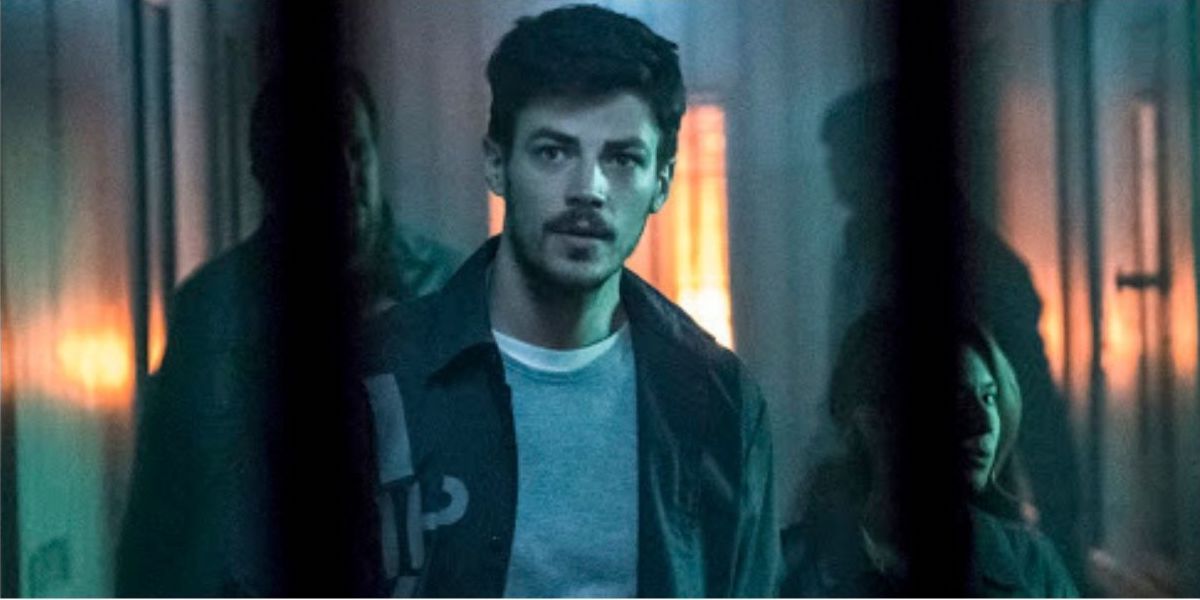
Ok, now the rules of reality are more than willing to be flimsy but when the literal fastest man alive is sent to prison, it leans into becoming less than real. There was some plausible reason for Barry being locked away, having been framed for a crime he didn't commit.
Yet, it was Barry, not the Flash, who was locked away. Barry, who could easily sneak out with his speed and never return. Sure, once again there was some reasoning for him not running but they were thin at best.
8 Realistic: Becoming The Flash
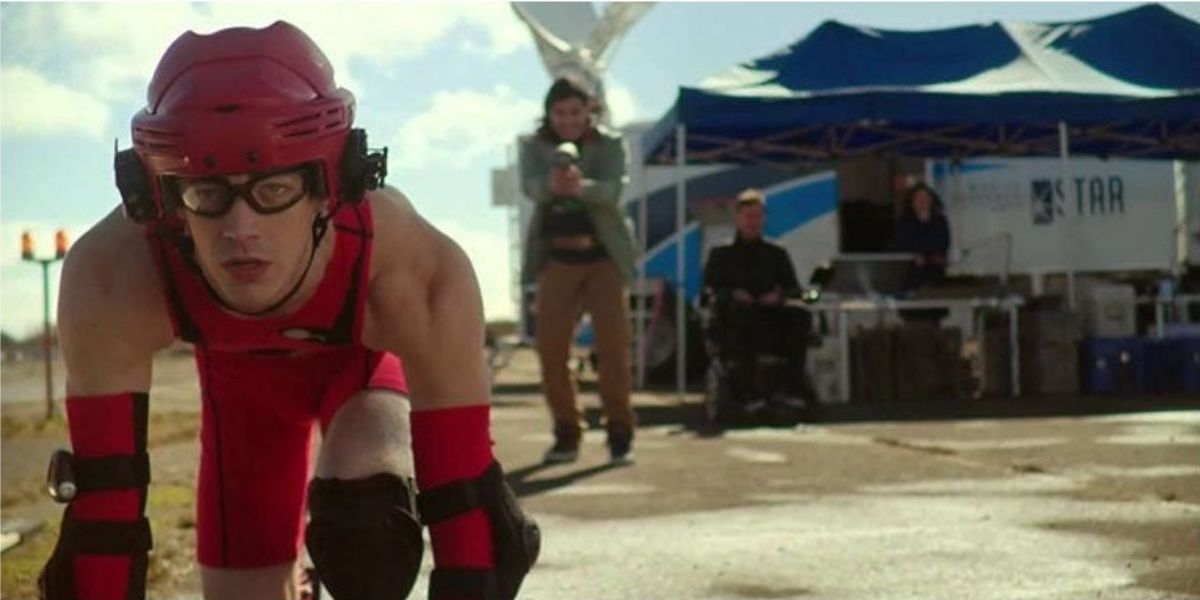
Truth be told, The Flash did a fantastic job of making Barry Allen into the Scarlet Speedster. Throughout the first season, Barry was being trained by Harrison Wells with help from Cisco Ramon and Caitlin Snow to become the Fastest Man Alive, which stands as one of his more selfless acts.
Even though this origin story dealt with some typical cliches and, of course, metahumans, it had a laid back and easy feel to it, with Barry simply trying to come to terms with this new life. It was like a coming of age story with some superhero spice added in.
7 Unrealistic: Grodd's Fall And Rise
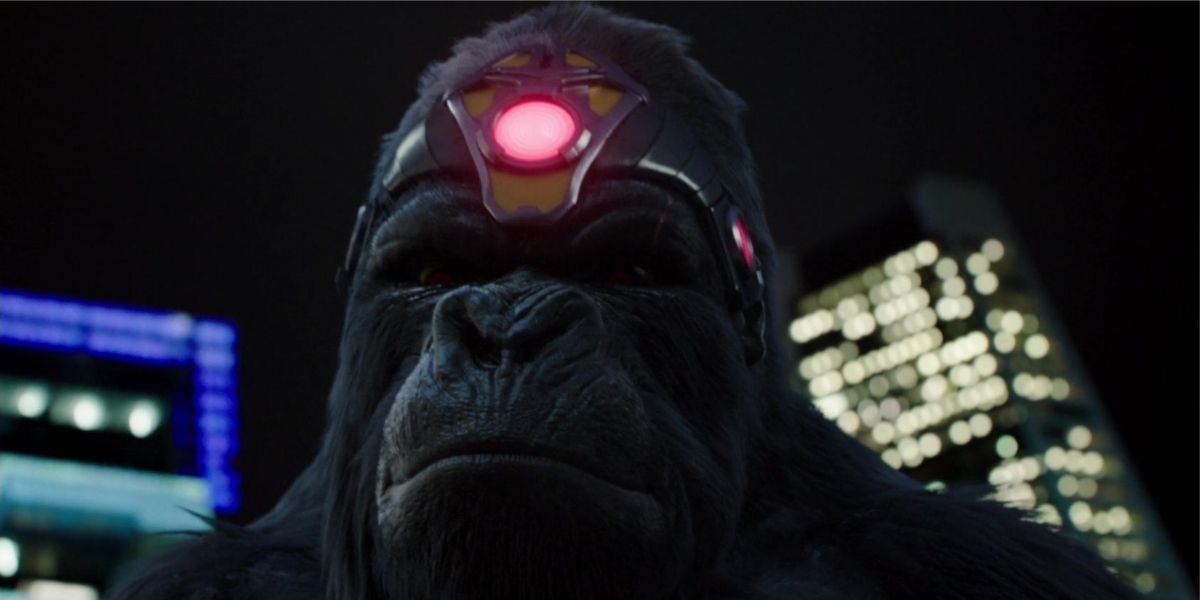
Speaking of superhero spice, Gorilla Grodd is one of the more interesting villains to be in The Flashes rogue's gallery. A genetically enhanced ape with psychic abilities, Grodd had the potential to be a brutal villain... but instead he kind of became a joke.
After a few episodes of terrorizing Barry, Grodd tried to take over Central City with an army of Gorillas then became imprisoned in his own mind, only to be saved by Barry. Not only did the storyline feel rushed but it felt all too goofy and out of place as well.
6 Realistic: Hunting The Reverse-Flash
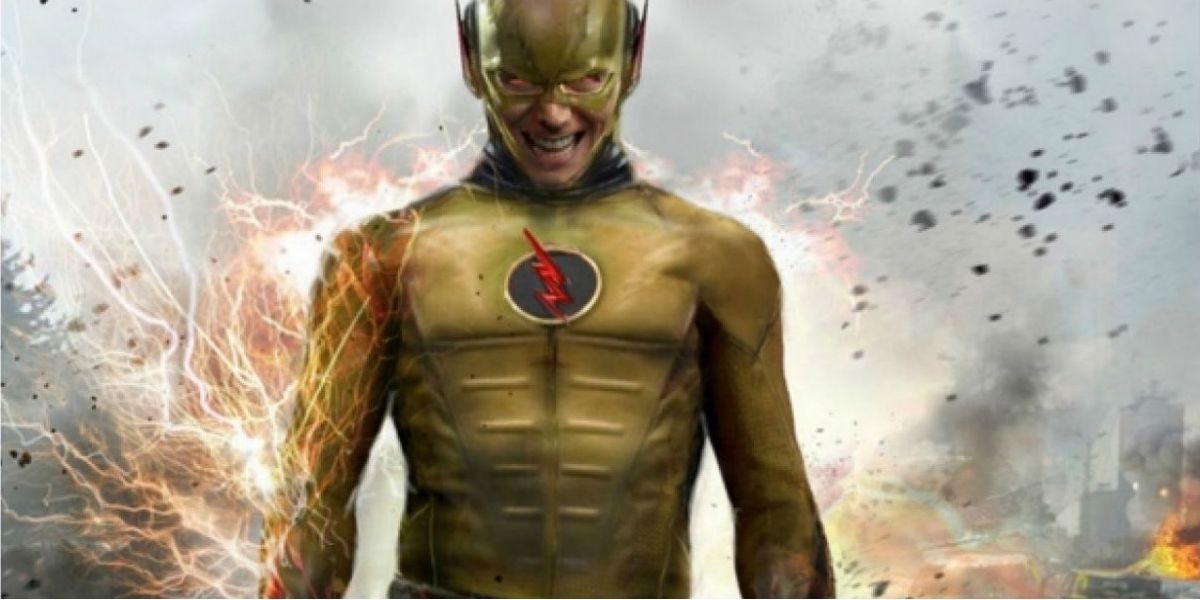
What's interesting about Barry Allen is that he's more than just the fastest man alive. Many audiences seem to forget that Barry was a CSI working for the Central City Police Department. Along with that, he was also trying to track down the man who killed his mother.
Throughout season one, Barry and his allies continued that hunt for the man in the yellow suit. It was a mystery that was tackled with a good balance of superhero nonsense mixed in with realistic elements that tied it all together neatly. Not to mention Barry facing off against the Reverse-Flash in one of the series best fights.
5 Unrealistic: The Reverse-Flash Returns. Again. And Again.
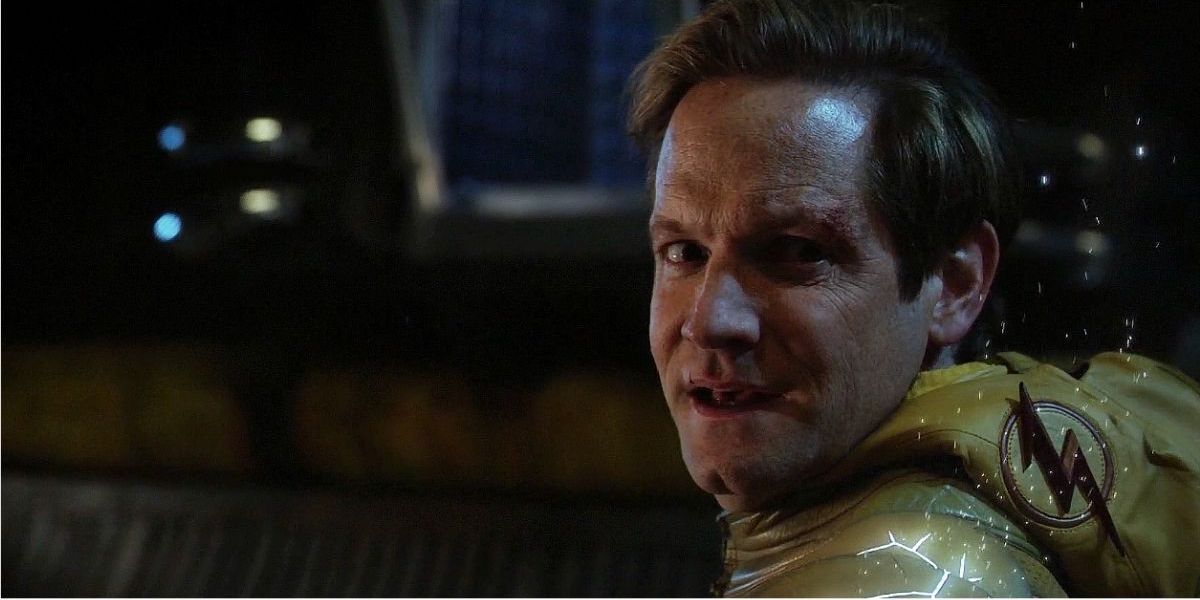
In the world of superheroes, no one, especially villains, stays dead for very long. That can be said for the man in the yellow suit, the Reverse-Flash who, after being erased from the timeline in season one, nonetheless returned, which was a given since he's one of the series best villains.
However, Eobard Thawne just kept on returning. Whether he was pulled out of time by Barry himself or for reasons that the show has yet to explain, the Reverse-Flash thread has become too long and convoluted to the point of the Reverse-Flash becoming a literal meme of himself. It's even taken away from what made Eobard such an imposing villain.
4 Realistic: Recovering From Zoom's Attack
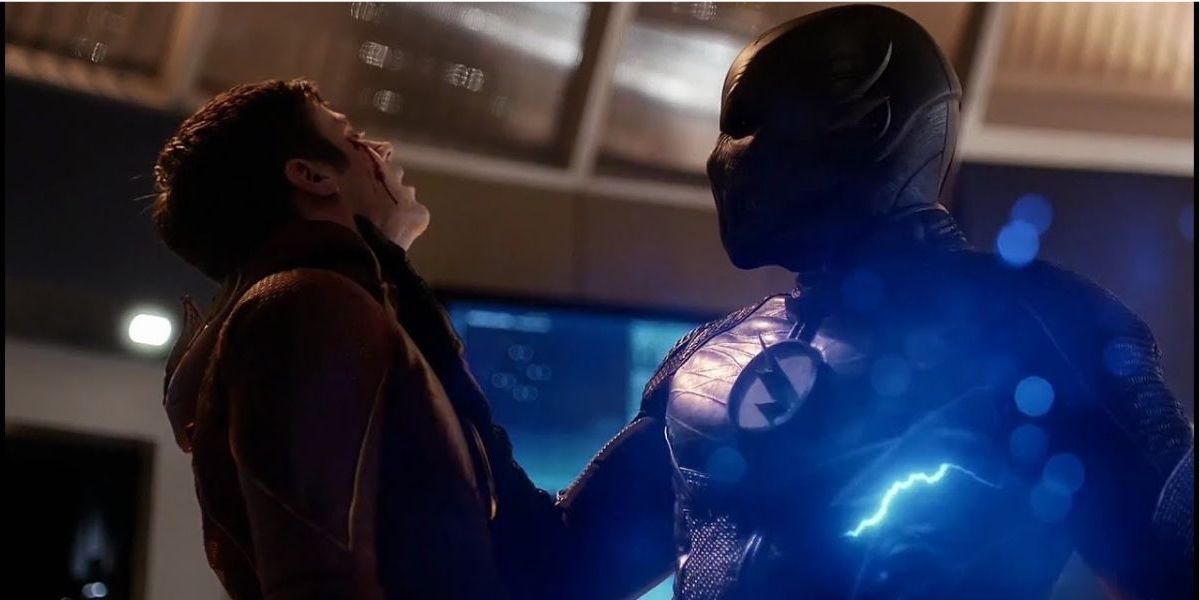
Sometimes, a storyline doesn't need to span an entire season to be powerful. There are times when a storyline only needs to go over one or two episodes to be intriguing.
In season two, Barry faced Zoom, one of his deadliest villains, who paralyzed him from the waist down after their first fight. Throughout the following episode, Barry tried to recover but kept running into physical and mental barriers. It was a fantastic dive into a superhero recovering from an injury, even if it was just for one episode.
3 Unrealistic: The Thinker's Master Plan
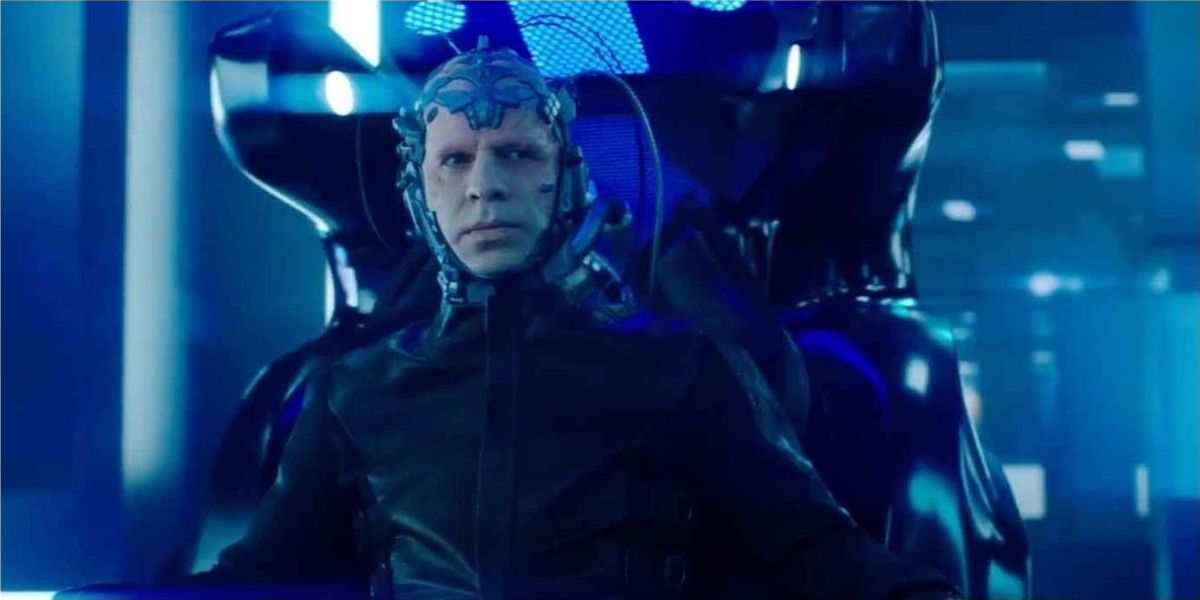
Look, it goes without saying that The Flash has some cool villains like the Reverse-Flash and Gorilla Grodd and then some bizarre ones like Rainbow Raider and The Turtle. The Thinker is also one of those villains.
Clifford DeVoe, a meta with extreme intellect, has the brilliant idea to amass powers from new metahumans and then launch a satellite that will take away humanity's intellect. As far as evil villain plots go, The Thinker has one of the unrealistic and dumbest ones out there, which is pretty ironic honestly.
2 Realistic: The Rogues' Schemes
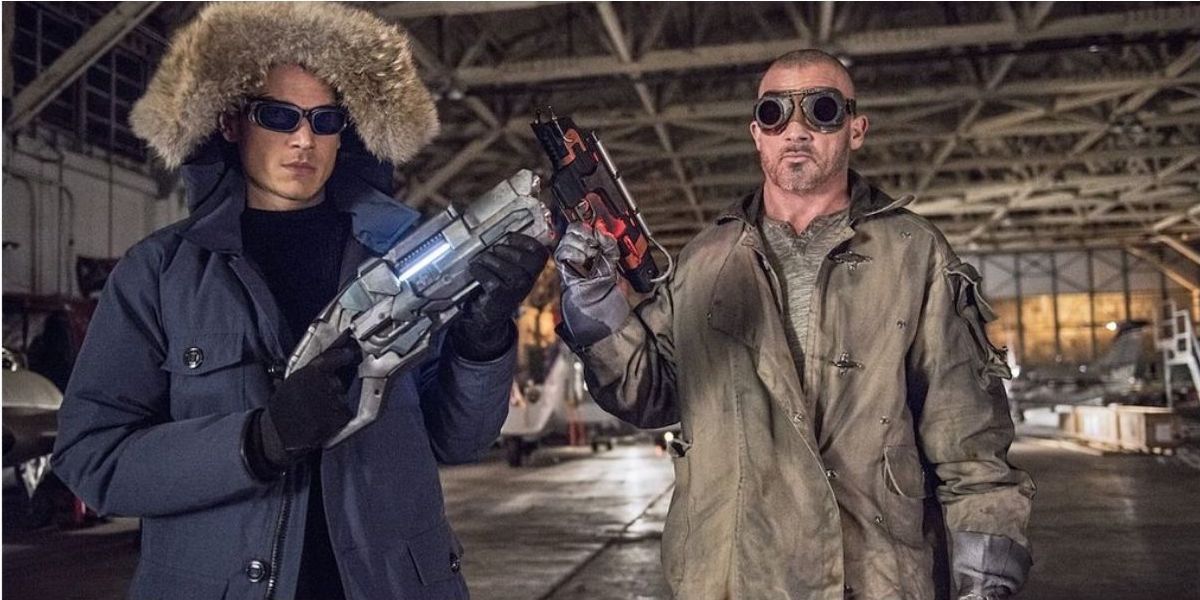
While most villains in the DC universe have massive and far-reaching plans, some recurring villains never really go that far. The Rogues originally made up of Captain Cold, Heat Wave, and later on, Cold's sister, Goldin Glider, don't have far-reaching plans or goals.
Usually, when the Rogues, no matter what form they took, showed up, their plans were as simple as rob a bank or take on the Flash with some giving him a hard time and others being literal jokes. They never went far with their goals and in a way, served as a group of grounded criminals living in a supervillain world.
1 Unrealistic: Flashpoint And Paradox
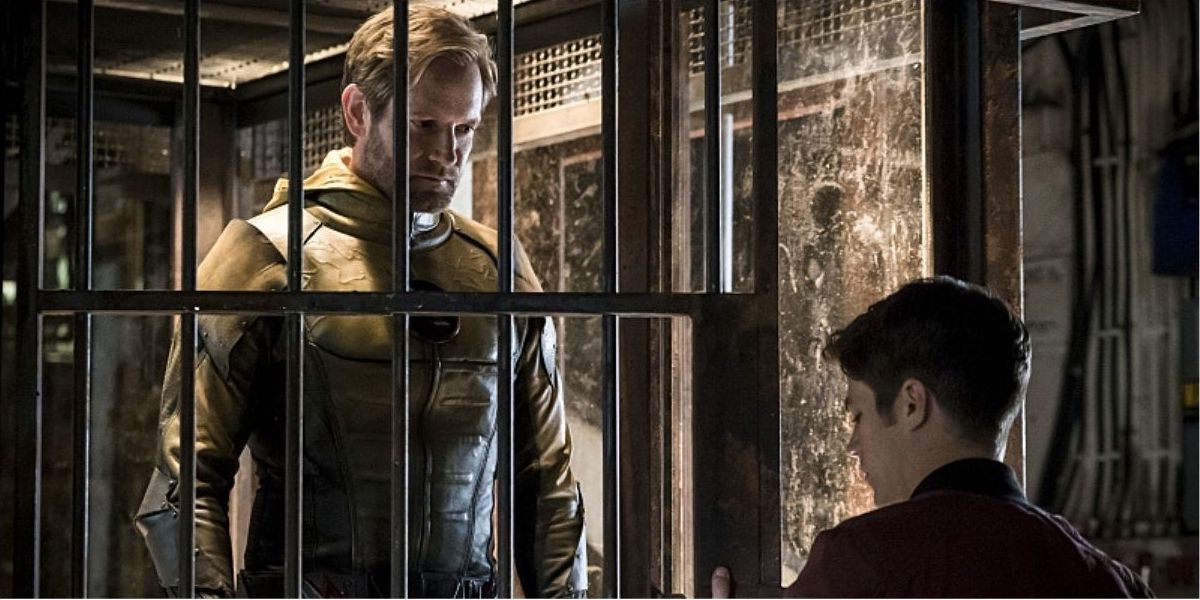
As a whole, the idea of time travel in any show can be seen as pretty unrealistic. However, every now and then a series can do something interesting that grounds the idea, sort of like what The Flash did with Earth-Two and the barriers.
However, when it comes to something like the Flashpoint Paradox, realism gets tossed right out the window. Based on the now-iconic comic, Flashpoint has so many confusing explanations and rules that it failed to be a powerful storyline, even with its influence on the greater Arroweverse.
from ScreenRant - Feed https://ift.tt/37x498L

0 Comments